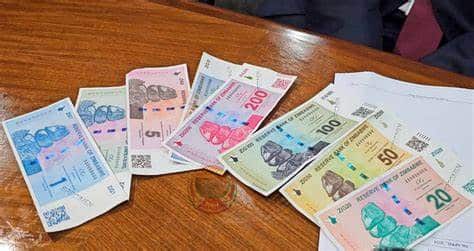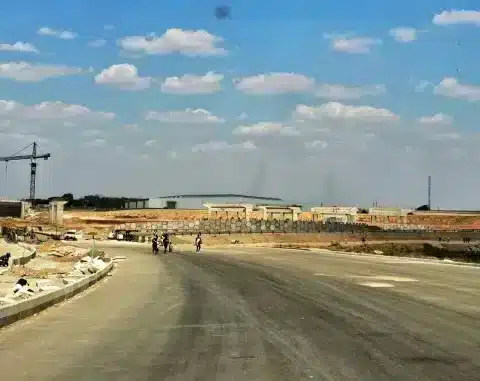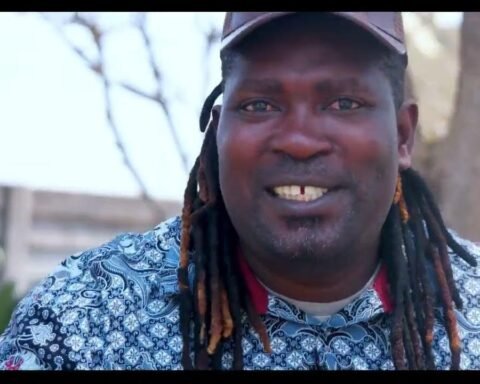Harare – The International Monetary Fund (IMF) has reportedly said that Zimbabwe is among the most fragile economies in the world as it faces deep development challenges due to severe social and political turmoil.
According to New Zimbabwe.com, in its Regional Economic Output report launched in Harare this week, the IMF said that the southern African country was among the top 20 countries that were characterised by severe social, political turmoil and economic instability.
This was in contrast to President Robert Mugabe‘s claims in May that Zimbabwe was the second most developed coungtry in Africa after South Africa.
“Zimbabwe is the most highly developed country in Africa. After South Africa, I want to see another country as highly developed,” Mugabe said at the time.
Mugabe, 93, said this during the World Economic Forum on Africa in Durban.
The nonagenarian said that his country sported 14 universities and had a literacy rate of over 90%, which was the highest in Africa. “And yet they talk about us as a fragile state,” he said.
“We have a bumper harvest, not only maize, but also tobacco and many other crops. We are not a poor country,” he said. “If anyone wants to call us fragile, they can. You can also call America fragile,” he said to some in the audience laughing.
But the IMF maintained that Zimbabwe was among countries in fragile situations.
The report said that Rwanda and Uganda were among the few countries that had managed to build resilience and escape fragility through focused policies necessary to foster economic stability and growth.
It singled out Burundi, Chad, Democratic Republic of Congo, Republic of Congo, Eritrea, The Gambia, Liberia, Sierra Leone, South Sudan and Zimbabwe as the countries which experienced deterioration in their economic performances.
It added that Burundi, DRC, Congo Brazzaville, Eritrea, South Sudan, and Zimbabwe were the countries where policy reforms had not changed due to political, governance and security challenges.








